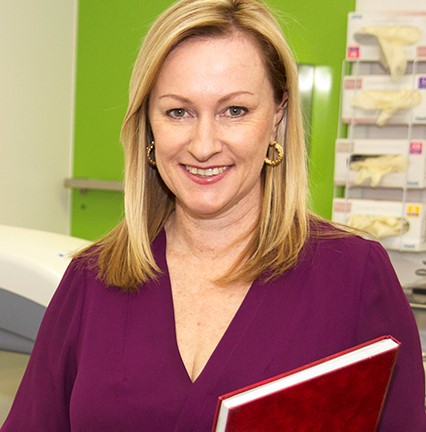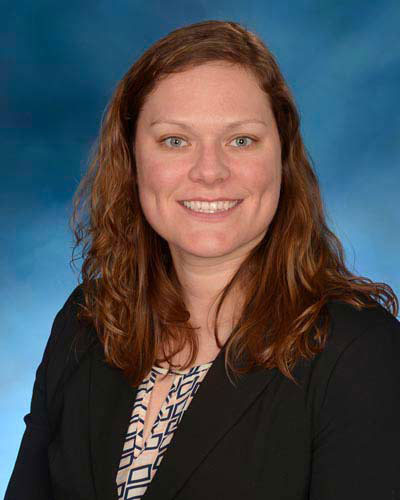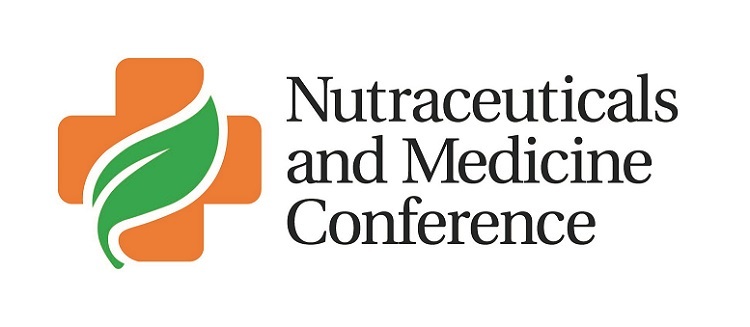Mark Messina, Ph.D.

Adjunct Associate Professor
Loma Linda University
Loma Linda, CA
Executive Director
Soy Nutrition Institute
St. Louis, MO
Dr. Mark Messina is an internationally recognized expert on the health effects of soy. He has appeared on CNN and is regularly quoted by the media in publications including the New York Times, Newsweek and USA Today. Dr. Messina has presented to both consumer and professional audiences in 44 countries on topics including soy and cancer risk, heart health, menopause and men’s health.
Mark is the co-author of The Simple Soybean and Your Health. His research has appeared in numerous professional journals including the American Journal of Clinical Nutrition, Journal of Nutrition, Lancet, and the Journal of the National Cancer Institute.
Dr. Messina is a former program director in the Diet and Cancer Branch, National Cancer Institute, National Institutes of Health, where he initiated a multi-million dollar research program investigating the role of soy in cancer prevention.
Mark co-owns Nutrition Matters, Inc., a nutrition consulting company, is an adjunct associate professor in the Department of Nutrition, School of Public Health, Loma Linda University and the executive director of the Soy Nutrition Institute.
Lisa Wood, Ph.D.

Professor
School of Biomedical Sciences and Pharmacy
University of Newcastle
Newcastle, New South Wales, Australia
Professor Wood is a nutritional biochemist who graduated with a BSc (Hons 1 and University Medal) from University of Sydney, then a PhD in Nutrition from University of Newcastle in 2001. Following nine years as a research fellow, she accepted an ongoing academic position and is currently Professor in Biomedical Science and leads the nutrition research team in the Priority Research Centre (PRC) for Healthy Lungs and the Grow Up Well PRC.
Professor Wood is an experienced clinical researcher whose research has focused on providing high quality scientific evidence to inform management guidelines for respiratory disease. She has been investigating how dietary factors modify oxidative stress and inflammation, with a particular interest in fatty acids, fiber, antioxidants and obesity. She has established and manages dedicated clinical facilities at HMRI including a specialized Nutrition Laboratory to conduct clinical nutrition intervention trials and a DEXA machine for body composition analysis.
She has also established and manages specialized laboratory facilities for the analysis of nutritional biomarkers: HPLC (for antioxidant analysis) and GC (for fatty acid analysis).
Professor Wood has published >100 papers in international peer-reviewed journals and her work is highly cited. She has co-edited a book titled ‘Nutrition and Physical Activity in Inflammatory Diseases’. She has also authored several book chapters, a government report and is the inventor on two patents. She has been awarded various local, national and international awards, including a University of Newcastle, Vice Chancellor’s Faculty award for Research Excellence (2012), Hunter Children’s Research Foundation Research Mentor of the Year (2011), Nutrition Society of Australia Research Award (2011), Thoracic Society of Australia and NZ & National Asthma Council Prize for Best Presentation (2010), HMRI Early Career Researcher of the Year Award (2009), NSW Young Tall Poppy Award (2008) and NSW Office for Science and Medical Research Postdoctoral Award for Excellence in Medical Research (2007).
Professor Wood serves as President Elect of the Nutrition Society of Australia, Associate Editor for Respirology and is an Editorial Board member for Nutrients and the Journal of Human Nutrition and Dietetics.
Caldwell Esselstyn, Jr., MD

The Wellness Institute
The Cleveland Clinic
Lyndhurst, OH
Caldwell B. Esselstyn, Jr., received his B.A. from Yale University and his M.D. from Case Western Reserve University. In 1956, pulling the No. 6 oar as a member of the victorious United States rowing team, he was awarded a gold medal at the Olympic Games. He was trained as a surgeon at the Cleveland Clinic and at St. George’s Hospital in London. In 1968, as an Army surgeon in Vietnam, he was awarded the Bronze Star.
Dr. Esselstyn has been associated with the Cleveland Clinic since 1968. During that time, he has served as President of the Staff and as a member of the Board of Governors. He chaired the Clinic’s Breast Cancer Task Force and headed its Section of Thyroid and Parathyroid Surgery. He is a Fellow of the American College of Cardiology.
Twenty-three years ago, while chairman of the Cleveland Clinic’s Breast Cancer Task Force, general surgeon Caldwell B. Esselstyn, Jr., M.D., grew disappointed in the way he and his colleagues were treating cancer and heart disease. Relying on pills and procedures despite their side effects and risks, Dr. Esselstyn says he and his peers were doing “nothing to prevent disease in the next unsuspecting victim.” This was particularly frustrating given that research studies had already suggested an obvious culprit. The fatty American diet was, in all likelihood, responsible for heart disease and many Western cancers, which are infrequently seen in parts of the world where much less fat is consumed.
Targeting heart disease, Dr. Esselstyn’s experiment started at home. He and his wife adopted a plant-based diet, cutting out oil, meat, fish, fowl and dairy. “It means a lot to patients to know their doctor is making the same changes they are,” he says.
Oliver Chen, Ph.D.

Director, Antioxidants Research Laboratory
Jean Mayer USDA Human Nutrition Research Center on Aging
Associate Professor, Friedman School of Nutrition Science and Policy
Tufts University
Boston, MA
Dr. Oliver Chen is the Director of the Antioxidants Research Laboratory at the JM USDA Human Nutrition Research Center on Aging and an Associate Professor in the Friedman School of Nutrition Science and Policy at Tufts University. His research efforts are directed at elucidating health benefits of phytochemicals, as well as functional foods with the whole food concept that the maximum health benefit is produced when all nutrients in a given food are acting in a synergistic/additive manner. The scope of his work includes characterizing phytochemicals and investigating their bioavailability, metabolism, and mechanism of actions by which they modulate blood glucose and inflammation and enhance antioxidant defenses against free radicals. Further, he is interested in exploring the interrelationship between flavonoids and gut bacteria in colonic health. He has published more than 81 scientific articles and serves on the editorial boards of several scientific journals. He was selected to receive the 2012 Mary Swartz Rose Young Investigator Award, sponsored by the American Society for Nutrition. He is a member of the American Society for Nutrition and American Chemical Society. He has served as a member of an expert panel to review the Nutritional Sustainment of Military Operational Health Program and has been an ad hoc reviewer for more than 40 scientific journals.
Education
Ph.D., 2001, Human Nutrition and Exercise, Virginia Polytechnic Institute and State University
M.S., 1995, Animal Science, Colorado State University
B.S., 1991, Animal Science, National Taiwan University
Research Activities
Health benefits of phytochemicals and functional foods and beverages in metabolic disorders; pharmacokinetics of phytochemicals; Phase II enzyme mediated polyphenol metabolism; reciprocal interaction between polyphenols and microbiome.
Elizabeth Parker, Ph.D., RD

Assistant Professor, Center for Integrative Medicine
University of Maryland School of Medicine
Baltimore, MD
Dr. Parker's personal and professional experiences have led to an increased interest in non-pharmacologic interventions to improve health and chronic disease-related outcomes. She has managed large projects and clinical research trials using non-pharmacologic interventions. The first of which tested the efficacy of increased water consumption as a weight loss strategy among older overweight and obese adults consuming a hypocaloric diet for 12 weeks, as compared to a hypocaloric diet alone. A subsequent study involved a pilot nutrition and exercise intervention in college freshmen. During Dr. Parker's postdoctoral fellowship at Georgetown/Lombardi Comprehensive Cancer Center in the Office of Minority Health and Health Disparities, she was involved in numerous exercise interventions, such as an intervention to improve dietary intake and exercise habits of breast cancer survivors.
Education and Training
Virginia Polytechnic Institute and State University (Virginia Tech), Blacksburg, VA, BS 2006
Virginia Polytechnic Institute and State University (Virginia Tech), Blacksburg, VA, PhD 2010
Marywood University, Dietetic Internship, 2011
Georgetown University Medical Center, Washington, DC, Postdoctoral Fellow 2011-2013


